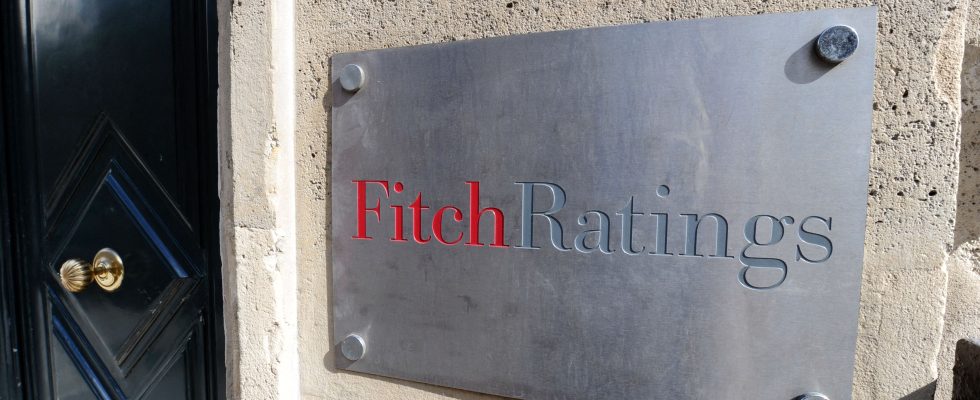It is a demotion that sounds like a new warning for France. The rating agency Fitch Ratings announced on Friday April 28 in a press release that it was going to downgrade the rating it attributed to France, from “AA” to “AA-“.
This update further complicates the country’s financial situation. A downgraded rating in effect increases borrowing rates on the financial markets, thus forcing France to pay more to repay the interest on its debt. In turn, the cost then affects the real economy, in particular through a rise in interest rates for loans to businesses and individuals.
Reforms and deficit
The agency justifies its choice based on the French political situation. The pension reform and the examination by Parliament of the text without a vote, by means of article 49.3 of the constitution, have led to a hardening of the dispute. Demonstrations enamelled with violence have followed one another, and the level of unpopularity of the executive is very high.
“Political stalemate and (sometimes violent) social unrest pose a risk to Macron’s reform agenda and could create pressure for more expansionary fiscal policy or a reversal of previous reforms,” he said. ‘agency. Fitch adds that the political situation could favor “radical and anti-establishment forces”, again increasing the risk of losing control of public spending.
This explosive political situation is accompanied by “significant budget deficits and modest progress”, further justifies the agency. It anticipates a public deficit of 5% for the year 2023. The government, for its part, is counting on a difference of 4.9%, with a return to the European budgetary nails by 2027. Same story for growth: Fitch anticipates a 0.8% increase in gross domestic product (GDP), while the more optimistic executive is counting on a 1% increase.
The executive wants to stay the course
The decision of the rating agency is akin to a slight snub for the executive, who notably justified his pension reform by the need to show a serious face to the financial markets. “The facts invalidate Fitch’s assessment. We are able to pass structural reforms for the country”, soberly commented the Minister of Economy and Finance, Bruno Le Maire, from Stockholm (Sweden), where he takes part in a meeting of EU ministers.
The Bercy tenant announced that the government was going to keep the same course, referring in particular to its “green industries bill which will be presented in a few days and which will make it possible to reindustrialise France, open new industrial sites and create new jobs”.
Fitch is the first of the three major rating agencies to correct its assessment of the French situation. Its competitor Moody’s announced last Friday that it would not change its rating. Standard & Poor’s, for its part, should deliver its conclusions on June 2.
